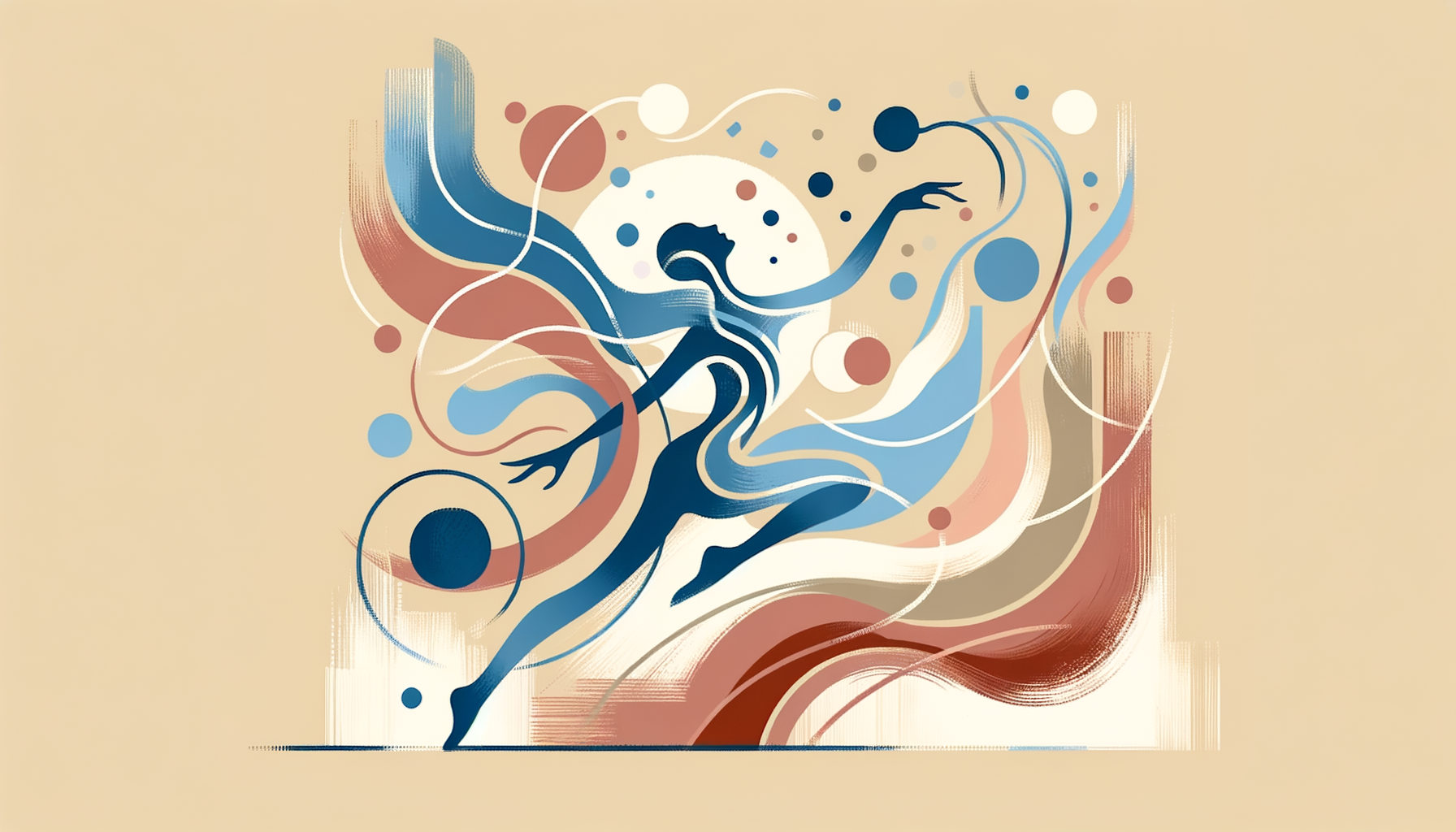The First Moment I Realized My Joy was in Writing About Love
Finding Joy Where I Least Expected It
It was an impossibly hot afternoon in Santiago, one of those days where you swear the sun must have a personal vendetta against your skin. I was perched on a plastic chair that squeaked every time I shifted—an unwelcome percussion to the faint melodies of Violeta Parra drifting from a neighbor’s open window. My editor at the local newspaper had just given me an assignment: write a weekly column on relationships. I froze.
Unlike the poetic pages of Neruda’s "Twenty Love Poems," relationships weren’t exactly my forte. My longest romantic partnership at the time was between me and a well-worn copy of Pride and Prejudice. What on earth could I say about love when my own life felt like a novella stuck on Chapter One?
Still, rent was due, and I wasn’t about to disappoint my parents, who’d worked so hard to make a career in writing seem plausible. So I agreed, reluctantly. The first column was due in a week. “Focus on breakups,” my editor said cheerily, as though they were a preferred delicacy at Sunday brunch.
From Heartache to Humor
That night, I stared hopelessly into the glow of my laptop. How could I write about breakups when, at that point, my biggest heartbreak involved missing the last bus after a movie date and having to walk 12 blocks in heels? But isn’t that the secret about love and its unraveling? Even the small, dumb tragedies feel monumental in the moment. I leaned into it.
The first draft came pouring out. I wrote about the absurdity of finding your ex’s T-shirt in your drawer two months after swearing you’d burned everything; the weird mix of relief and sadness when you bump into them looking way better than you hoped; the awkward two-step of removing “your song” from your Spotify playlist but secretly replaying it alone.
I wrote late into the night, punctuating each section with a piece of actionable advice that felt genuine, even if unpolished: cry into your pillow if you need to, but also call a friend who knows how to make you laugh. Burn their old letters, but save your dignity by not texting them at 2 a.m.—your future self will thank you.
By the time I hit save, I was exhausted. And then, something surprising happened. A grin crept across my face. Even as I recounted heartbreaks and ridiculous memories, it felt… joyful. Liberating, even. Turning my own little embarrassments into humor, crafting lessons from the messiness of love—it made me feel more human and oddly connected to every imperfect romance out there.
Why Writing About Love is Like Dancing in Heels
Since that moment, I’ve learned that writing about love—real, messy, exhilarating love—is a bit like dancing in heels. It looks glamorous on the outside, but behind the scenes, there are blisters, missteps, and moments you feel ridiculous. Still, when it works, it’s magic.
The joy comes in embracing that balance. Love isn’t just candlelit dinners; it’s also realizing your partner has a weird habit of chewing too loudly. It’s not just grand gestures, but also the forgotten anniversaries and the arguments about why they didn’t tell you the ketchup bottle was empty before going to the store.
And the more I wrote about the small details, the more I adored them. I started seeing relationships—my own and others’—not as these grand romantic ideals to be judged, but as fascinating, messy stories. Each one offered lessons: what worked, what didn’t, where there was growth, and yes, where there was comedy.
My Favorite Realizations from Writing About Love
Over the years, crafting stories and advice on dating, breakups, and the labyrinth of human connection has taught me quite a few unexpected things. If you’ll indulge me for a moment, here are some of my favorites:
-
You Don’t Need to Have it All Figured Out to Help Someone Else.
This was the lesson I learned on Day One. You don’t need perfect credentials to offer advice. Sometimes, being a little lost yourself makes you more relatable—and it allows others to finish reading your words, exhale, and think, “I’m not alone in this.” -
Humor is Your Greatest Ally.
You can choose one of two paths when the person you swore was your soulmate dumps you via text: wallow in existential despair or laugh about it later. Personally, I recommend both. Emotionally messy situations often carry their own brand of hilarity if you give them time to marinate. -
The Universal Truth is This: Love is Weird.
I’ve heard wild stories—dates gone awry after someone brought a parent unannounced, public declarations of love that ended in awkward silences, and even a couple who fell for each other while arguing over who should get custody of a stray cat. None of these make logical sense, and yet, they’re perfectly human. -
But That Weirdness is What Makes Love Worth It.
Writing about love has taught me that its beauty lies in the small details that are impossible to replicate. The way someone smiles when they realize you remembered their obscure childhood celebrity crush, or the Sunday morning ritual of making pancakes together (burnt edges and all). It’s in these little oddities that connection feels real.
Love, Like Writing, is a Joyful Work in Progress
If writing about love has taught me anything, it’s that no single experience will define your entire journey. Relationships evolve, feelings shift, mistakes are made, and that’s okay—because ultimately, it’s not about perfection. It’s about finding joy in the process.
That first column—born of nervous sweat and a near-empty bag of ideas—marked the moment I realized I wasn’t just writing about relationships to survive until the next paycheck. I was writing because it brought me joy to help someone else. Turning life’s gray areas into little bursts of color with my words? That’s a privilege I never take for granted.
And isn’t that what love is at its core? A joyful work in progress. One that may wobble like a baby deer taking its first steps, but when it stands steady, it’s breathtaking.
A Last Word of Encouragement
Whether you’re writing about love, dancing in heels, or stumbling through the early awkward stages of a new relationship, remember this: It doesn’t have to be perfect to bring you happiness. The joy comes from trying, failing, laughing, and trying again.
Next time you’re in a moment that feels messy or complicated, ask yourself: Years from now, will this be the story I tell someone over coffee, laughter punctuating every sentence? If so, live it well. Write your own chapter. Scratch that, write an entire book—and make the joy unmistakable.




















